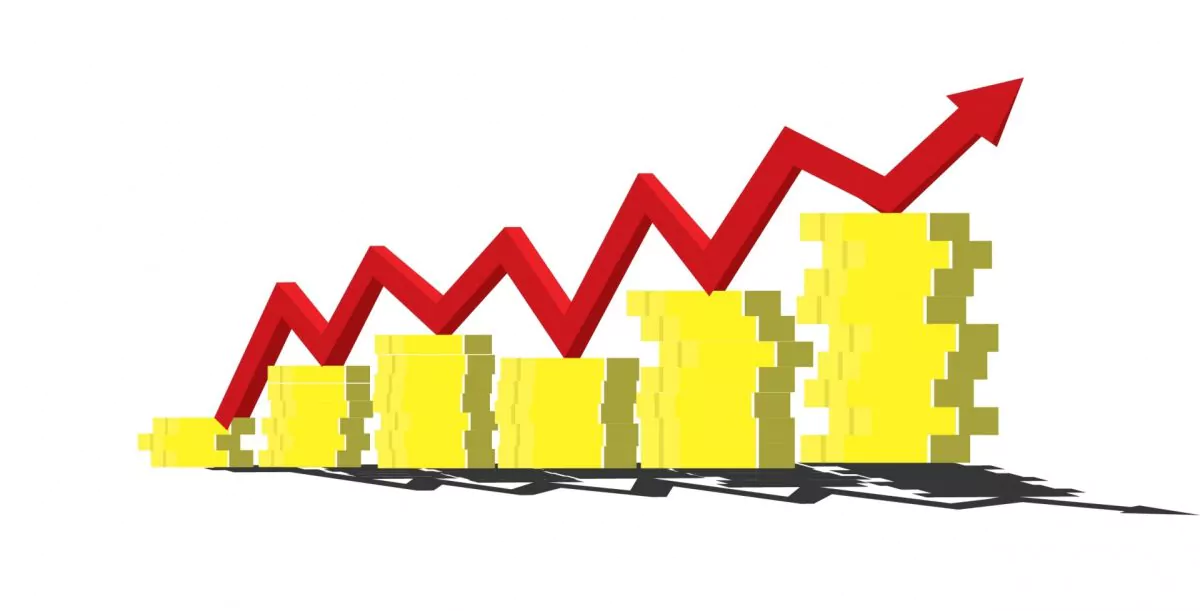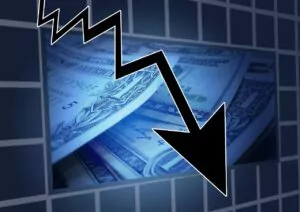The International Monetary Fund (IMF) has improved its estimates on the evolution of the Romanian economy, which is expected to grow by 7% this year, according to the latest “World Economic Outlook” report published Tuesday by the international financial institution and quoted by Agerpres. In the spring, growth was estimated at 6%. Romania is expected to record average annual price growth of 4.3% in 2021, compared with 2.8% in the spring.
Urmărește mai jos producțiile video ale Economedia:
- articolul continuă mai jos -
According to the new IMF forecasts, only Ireland (13%), Estonia (8.5%) and Hungary (7.6%) in the European Union will grow faster than Romania this year.
However, for 2022, the International Monetary Fund has not changed its estimates for the Romanian economy, leaving them at 4.8%. Beyond 2022, the growth rate of the Romanian economy will slow down, so that in 2026, according to IMF estimates, it will reach 3.5%.
Last week, the World Bank also upgraded its estimates for the Romanian economy, pointing to GDP growth of 7.3% this year and 4.8% in 2022.
As for inflation, the IMF has significantly revised its estimates, forecasting that Romania will record an average annual price increase of 4.3% in 2021, compared to an advance of 2.8% as forecast in the spring, with an average price increase of 3.4% in 2022.
Also, as regards Romania’s current account deficit, while in the spring the IMF was betting on a reduction to 4.5% of GDP in 2021, from 5.2% of GDP in 2020, the international financial institution now estimates that this deficit will worsen to 5.7% of GDP this year, and will then be reduced very slightly next year, to 5.5% of GDP.
At the global level, the IMF has revised down slightly, by 0.1 percentage points, its estimate for the evolution of World Gross Domestic Product, which is expected to grow by 5.9% this year. According to the international financial institution, this revision is partly due to a worsening outlook for advanced economies due to disruptions along supply chains. But this is partly offset by a stronger advance of some emerging commodity-exporting and developing economies.
“As long as huge differences in access to vaccines persist, inequalities in economic and health outcomes will grow, creating new divergences between two groups of countries: those that can expect normalization to widen later this year (almost all advanced economies), and those that will face negative economic and health impacts from the resurgence of infections,” the international financial institution points out.
The International Monetary Fund (IMF) and World Bank (WB) Autumn Meetings are taking place from 11-17 October 2021, and are being held in virtual format due to the coronavirus pandemic (COVID-19). In 2020, the spring and autumn meetings of the two organizations were also held online, amid containment measures taken to limit the pandemic. Typically, these meetings in Washington are attended by around 10,000 government officials, journalists, business people and civil society representatives from around the world.































